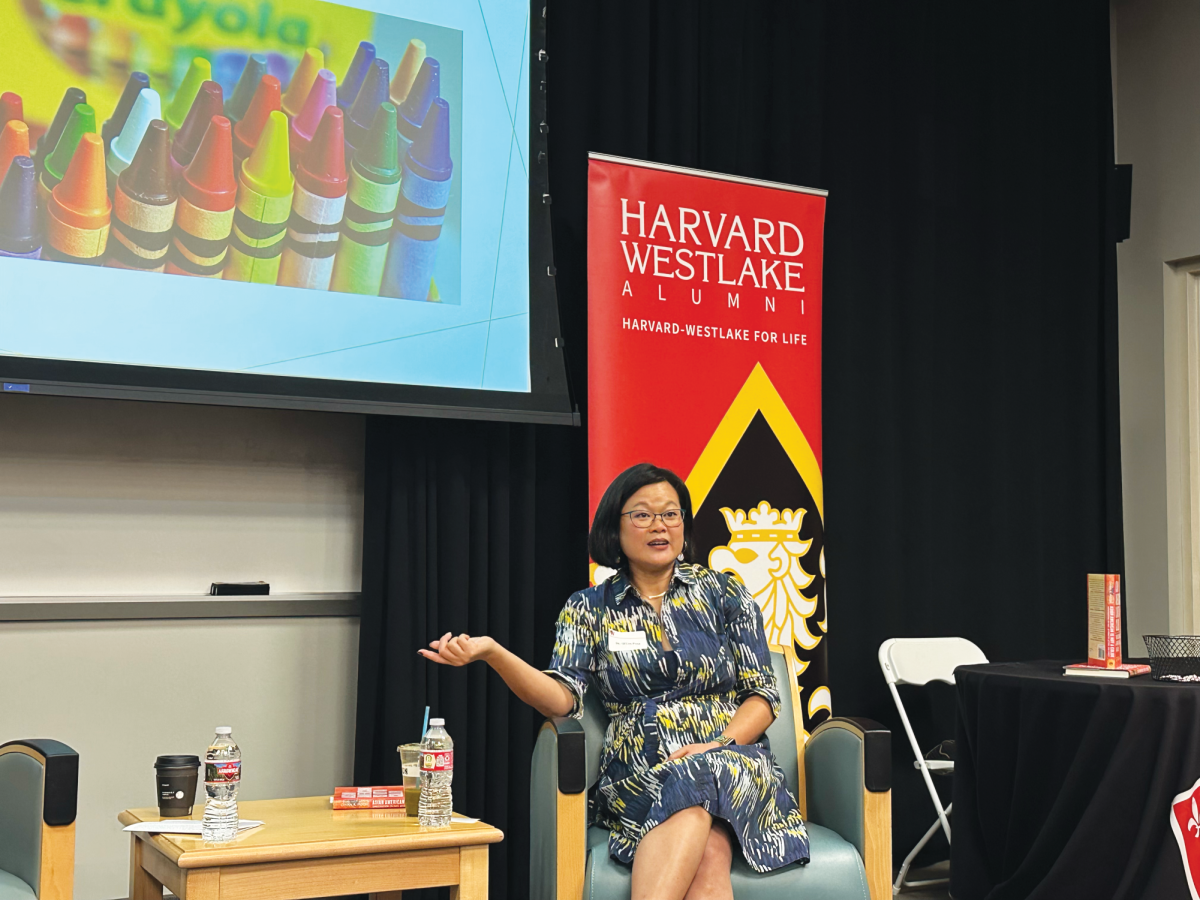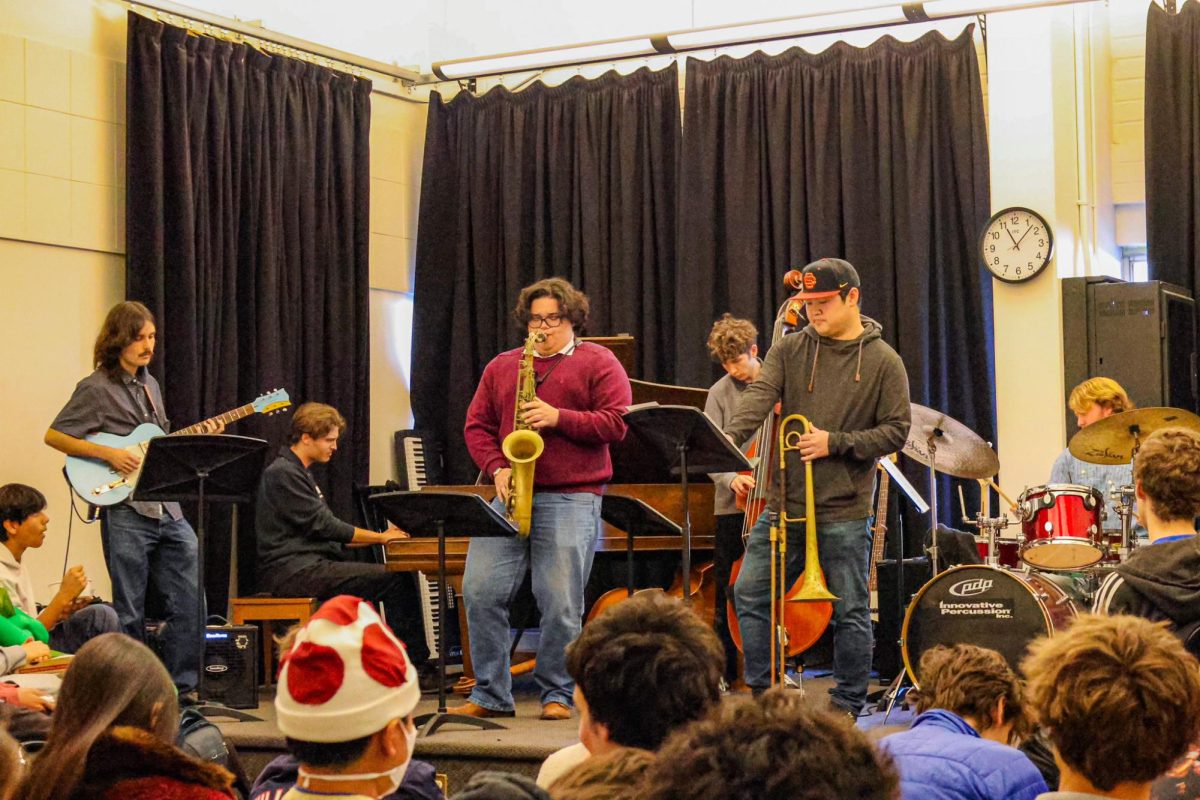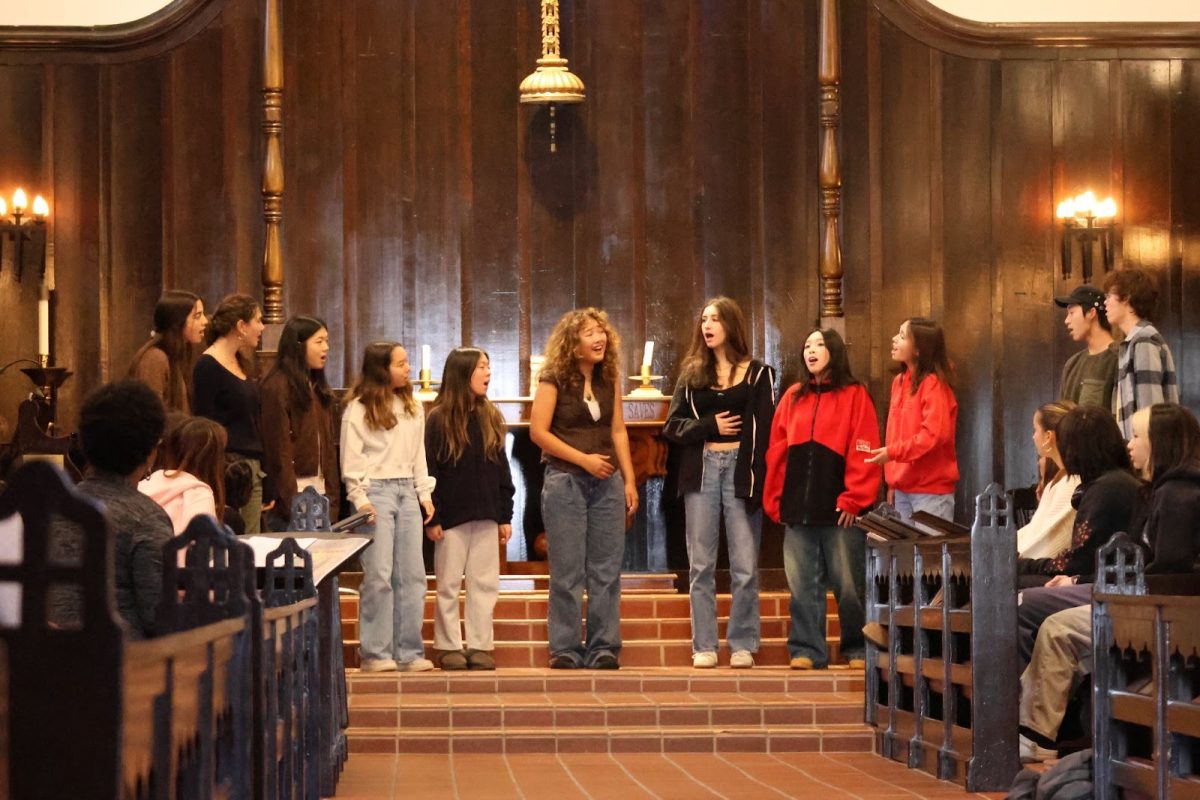By Emily Khaykin
Upper School Deans Vanna Cairns and Rose-Ellen Racanelli lobbied to protect California student aid programs such as Cal Grants at the 2011 Western Association for College Admission Counseling conference on Feb. 2 and Feb. 3 in Sacramento.
“These conferences are a chance for college counselors and admissions directors to meet with state legislators and lobby for educational initiatives that are important to them,” Racanelli said.
The past few years, conferences have increasingly been focusing on education costs in light of the recent economic downturn, Racanelli said.
WACAC “advocates for student rights in the college-selection process” and “encourages participation of traditionally underrepresented, underserved populations in post secondary education and our profession,” according to WACAC’s mission statement.
All of the upper school deans are members of the WACAC. Racanelli is also a member of the National Association for College Admission Counseling, the national organization to which WACAC is a regional division.
This year’s conference focused on protecting student aid programs for students in need, stabilizing student fee increases, and protecting courses and services for California Community College Students.
In 2010, the California Community Colleges increased their student fees by five percent while the California State University System and the University of California system will implement eight percent and 10 percent student fee increases, respectively, for the 2011-12 school year.
These student fee increases, in addition to Governor Jerry Brown’s proposed General Fund cuts of $500 million to both the California State University system and the University of California system, underscore the importance of maintaining the availability of Cal grants for students, Racanelli said.
The money taken from funding Cal Grants will instead be transferred over to pay for the Federal Family Education Loan Program.
“To raise money for each school the UCs are more likely to accept more out-of-state students because of the higher tuition they would receive,” Racanelli said.
The 2010-2011 California state budget was released late last year. Before then, UCs, Cal State schools, and California Community Colleges were forced to distribute some money in advance for students to use for tuition and other fees. But because the state budget had not been finalized, the state could not distribute the Cal Grants.
“Cal Grants are like financial aid from the government,” she said. “We basically asked these legislators, do you know how important for students these Cal grants are in getting an education?”
“Cal Grants are very important, and we tried to make these government representatives and legislature realize that they shouldn’t cut funds here,” Racanelli said.
The conference also discussed the matter of the state cutting back on the number of courses within the California Community College system.
Because a student might not be able to fulfill his or her major’s requirements at one school, he or she would have to attend several different colleges to pick up necessary courses, Racanelli said.
This will cause more students to have to attend school longer to fulfill those requirements. Students will then be forced to pay more for each extra year of their education, Racanelli said.
“We made an effort,” Racanelli said. “Now we’ll just have to wait and see if it had an effect.”


























